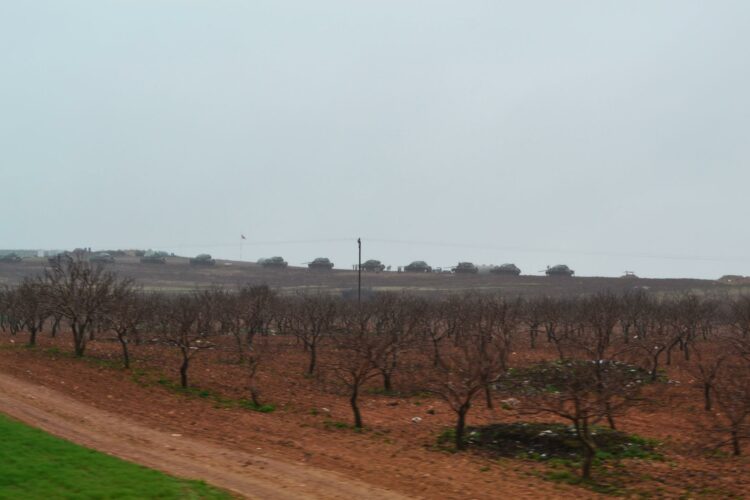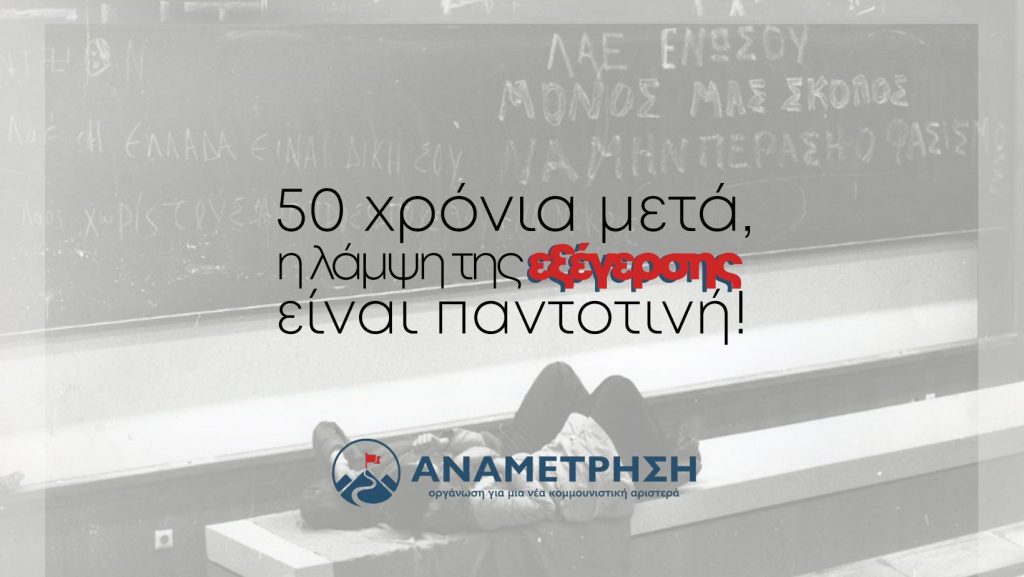New Turkish airstrikes have hit Kurdish towns in northern Syria and Iraq, including the city of Kobane, late on November 19 and the following morning.
So far, Turkish airstrikes have reportedly killed thirteen civilians, including a journalist, and fifteen Syrian soldiers, while injuring many others. According to local sources, a hospital, a grain silo and a power station were among the damaged infrastructure. In addition to this, the Kurdish-led Syrian Democratic Forces (SDF) said late on November 19 that Turkish jets bombed two villages inhabited by internally displaced people in northern Syria. Turkey has so far launched three incursions into northern Syria against the YPG militia.
It is clear that the Turkish state is continuously strengthening its criminal policy against the Kurds inside and outside Turkey. The fact that bomber planes had to take off from the military bases located in the Kurdish cities, as these have been under oppression and occupation for decades, is ironic but also disturbing.
The bombings began on the pretext of the bombing of İstanbul’s İstiklal Avenue on November 13, where more than six people got killed. The PKK and YPG (which were blamed by the Turkish government for the attack with no evidence whatsoever) have made it perfectly clear that they are in no way related to the attack and have expressed their condolences to the families of the victims. The facts with which the particular organizations have been accused quickly after the explosion, as well as the non-disclosure of so-calling evidence coupled with the long-time ban on accessing social media, have raised many questions about the case. A series of similar incidents have made it clear that the Turkish government is using terrorist attacks to justify its invasion once again on foreign soil.
After all, it’s not unusual seeing terrorist attacks “taking place” during a pre-election period. We know that Erdogan is using them to rally his base, not missing an opportunity to call for support for another major invasion of northern Syria before next year’s elections. It has now become a grotesque tradition that Turkish elections usually go hand in hand with such an escalation strategy: It was Jarablus before the 2017 referendum about the presidential system, Afrîn before the 2018 presidential and parliamentary elections, and Serêkanî-Girê Spî ahead of the 2019 municipal elections. With the latest bombings, President Erdogan and his allies appear to have already started their election campaign for the presidential and parliamentary elections scheduled for June 2023.
Amid further deepening economic problems, Turkey chooses to campaign as a warmonger state while parts of the opposition (with whom Erdogan shares ideology and voters) have already made clear they support these attacks, paving the way for a future coalition government.
When Russia’s invasion of Ukraine is condemned, Turkey’s equally bloody invasion of the autonomous cantons of Rojava and northern Iraq cannot and will not be silenced. More than ever today, Turkey is a member of NATO and the Council of Europe and is using Russian-controlled airspace to attack the Kurds in Kobani and several other cities. Let’s not forget that it was the Kurdish people who heroically defeated ISIS in 2014, and since then, they have kept fighting for their lives and cities.
The international movement, citizens who care about peace and justice, cannot remain silent in the face of such deadly attacks, which demonstrate a clear violation of international and humanitarian law.
Our solidarity in the struggle of the Kurdish people is absolute.
We condemn the Turkish aggression and warfare escalations in the wider region.
Internationalist fight for peace is the way to win.









